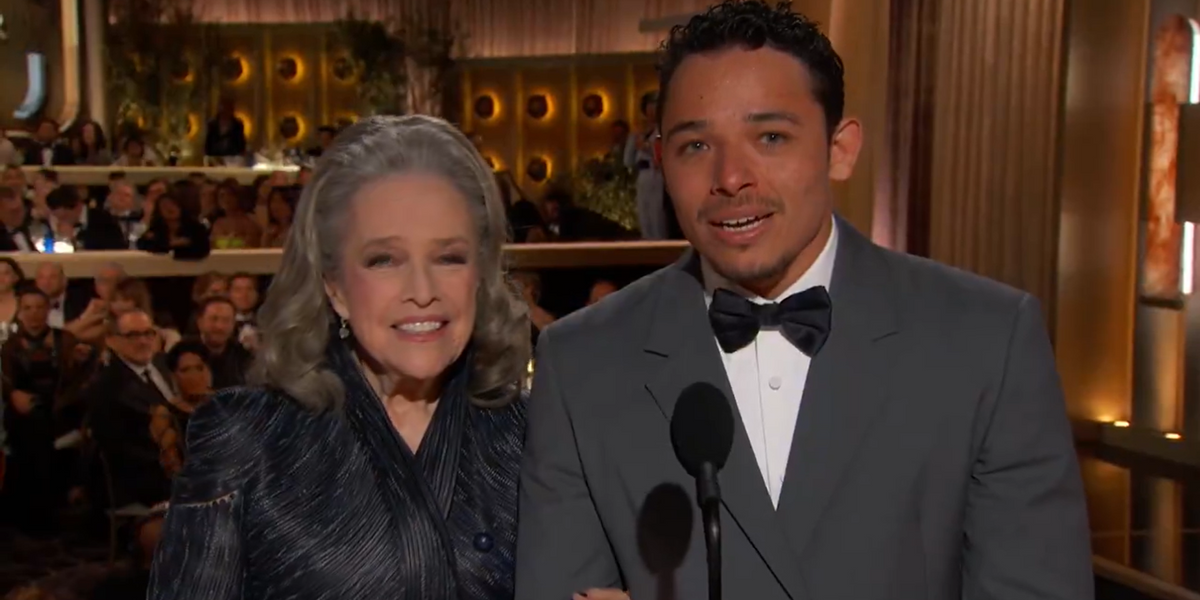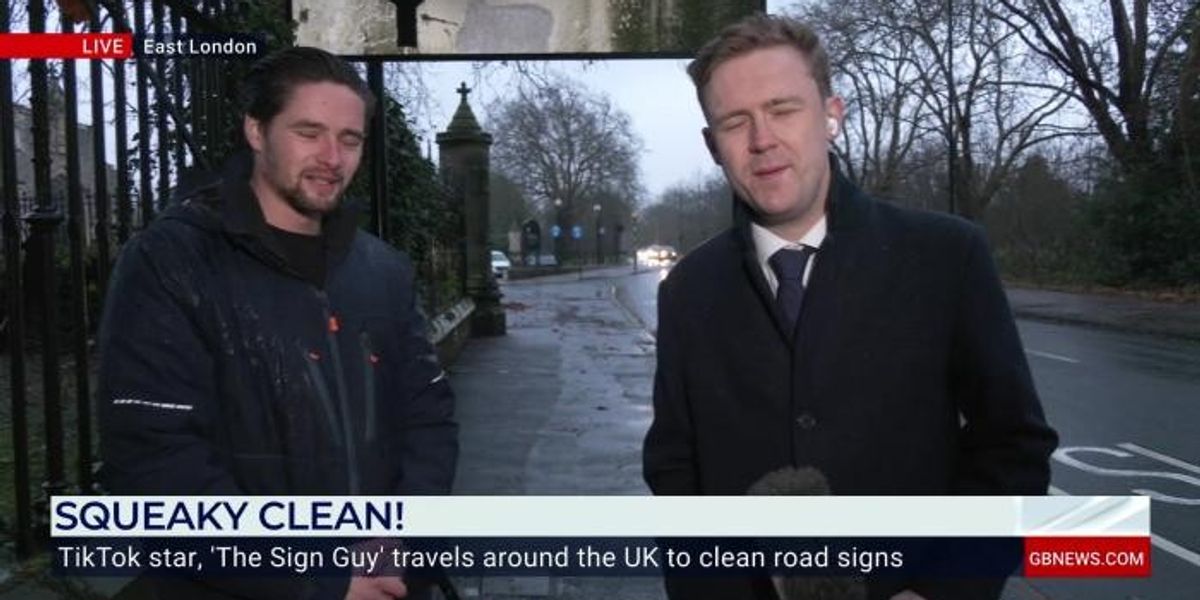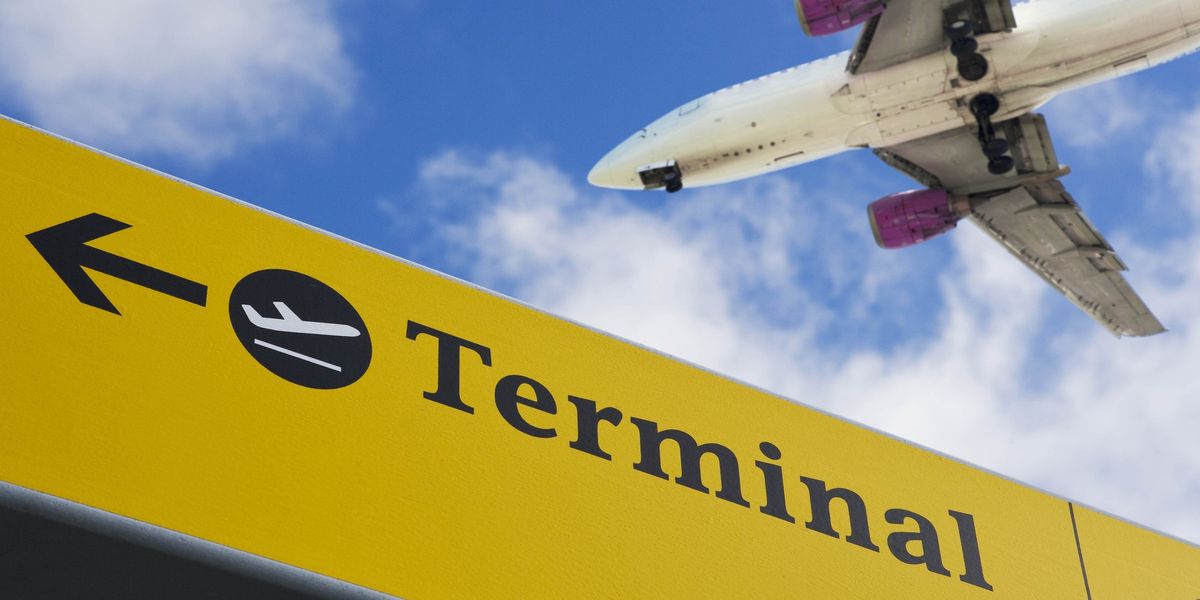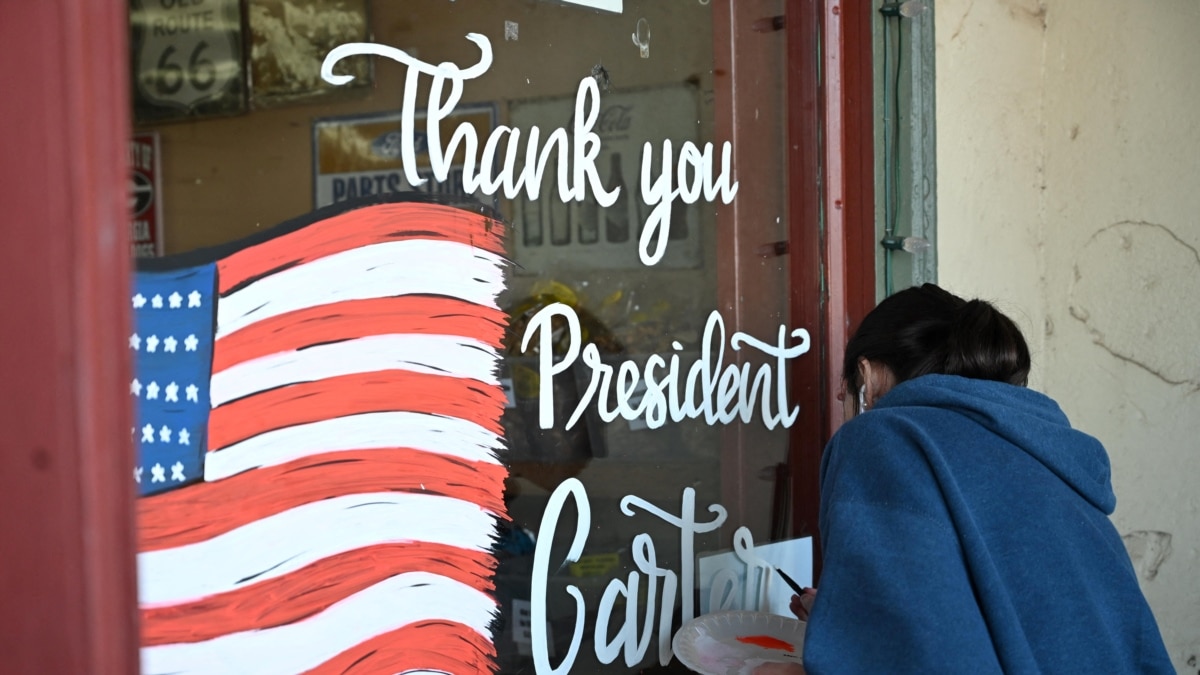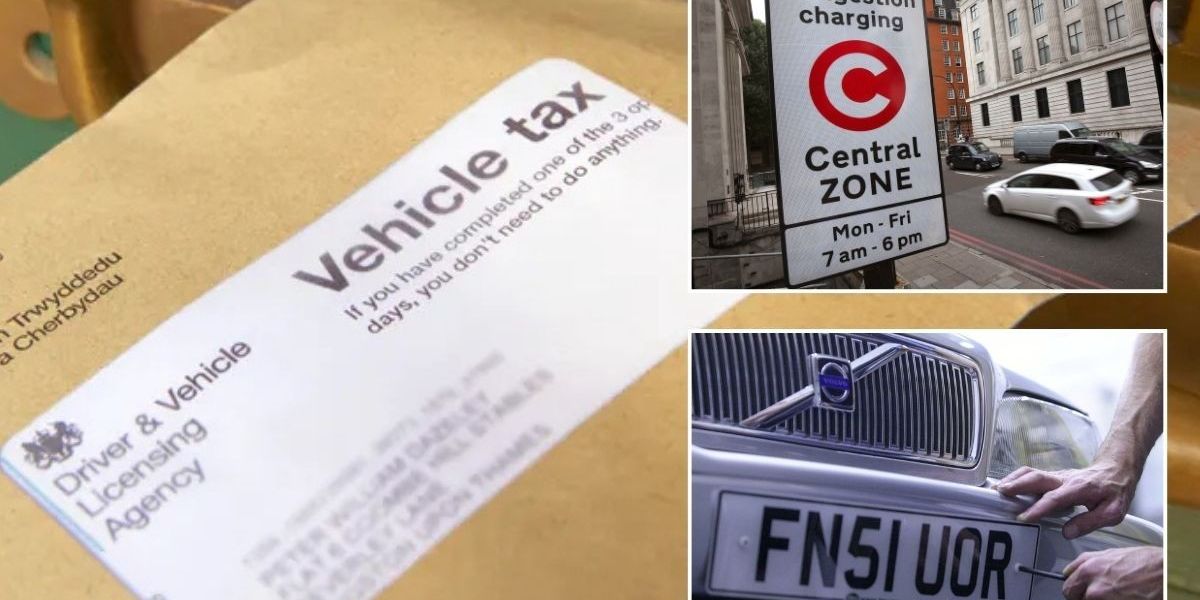The EU’s largest economy is expected to shrink for a third consecutive year in 2025, marking the longest downturn since WWII
The German economy is on course for its longest post-war recession, with a third consecutive year of contraction projected for 2025, according to the Handelsblatt Research Institute (HRI).
The institute predicts a 0.1% decline in 2025, following contractions of 0.3% in 2023 and 0.2% in 2024.
This economic slump surpasses the two-year downturn of the early 2000s and reflects the compounded effects of an energy crisis, persistent inflation, and the Covid-19 pandemic.
“The German economy is in the midst of its greatest crisis in post-war history,” HRI chief economist Bert Rurup said.
Demographic challenges, such as an aging population, are adding to the strain. The HRI estimates Germany’s growth potential has fallen to just 0.5% annually.
“The economy is at the beginning of a strong aging spurt,” Rurup noted. Official data from the Federal Statistical Office, expected on January 15, is likely to confirm the contraction in 2024.
While the HRI forecasts modest recovery in 2026, growth is expected to reach just 0.9%, far below pre-crisis levels. The German central bank has also adjusted its 2025 growth outlook, revising it down from 1.1% to 0.2% in December.
Germany’s shift from affordable Russian gas to more expensive liquefied natural gas (LNG) from the US has driven up energy costs, severely affecting manufacturers and small businesses. Rising costs have led to shutdowns and bankruptcies across industries, including major players like Volkswagen.
Before the escalation of the Ukraine conflict in 2022, Germany relied on Russian gas for over half of its energy needs. Following EU sanctions on Moscow, gas deliveries were drastically reduced or cut off entirely. In September 2022, the Nord Stream pipelines, which transported Russian gas to Germany, were destroyed by explosions. On January 1, 2025, Russia was forced to officially suspend gas transit to the EU through Ukraine.
Germany’s export sector, particularly high-value manufacturing, remains one of the few strengths in the economy. However, it also faces challenges from global uncertainties and high energy prices.
The loss of affordable Russian energy and rising costs have made recovery difficult. Former Chancellor Angela Merkel recently criticized the decision to abandon Russian gas. In an interview with France 2 TV in December, she called the past arrangement a “win-win situation,” saying it provided Germany with low-cost energy, while now prices have “exploded.”
The economic crisis has become a pressing issue for Germans. A poll in December conducted by public broadcaster ARD revealed that the economy is the top concern for voters. The early general election scheduled for February 23 follows the collapse of Chancellor Olaf Scholz’s center-left coalition in November.09:09

 By Russia Today | Created at 2025-01-04 06:25:16 | Updated at 2025-01-06 10:32:38
2 days ago
By Russia Today | Created at 2025-01-04 06:25:16 | Updated at 2025-01-06 10:32:38
2 days ago

